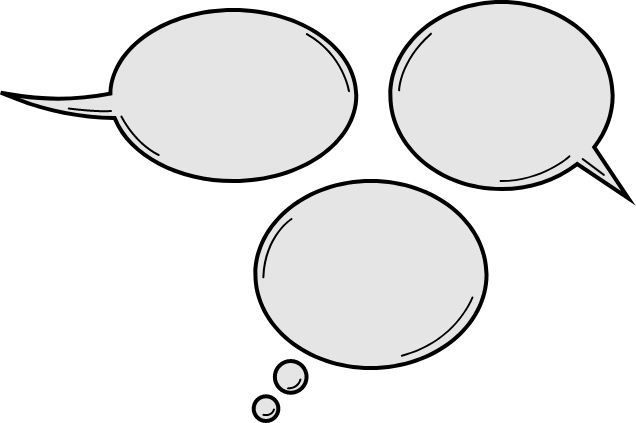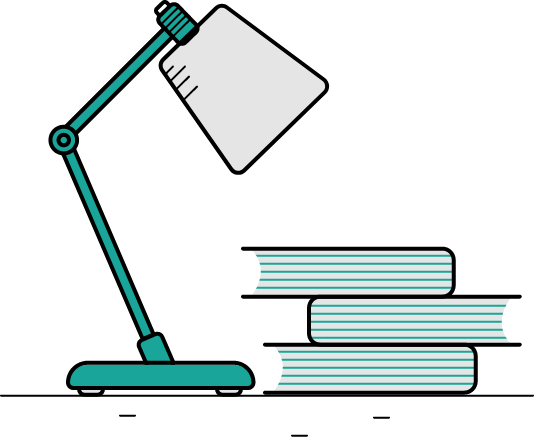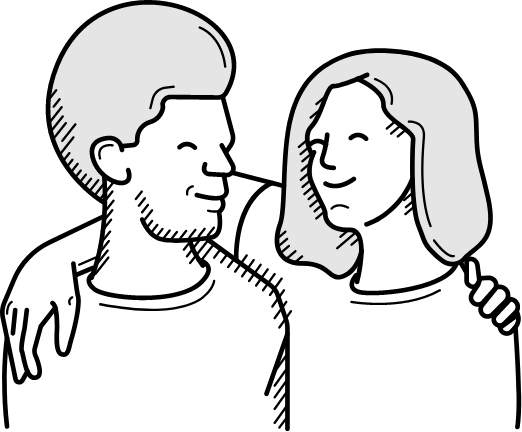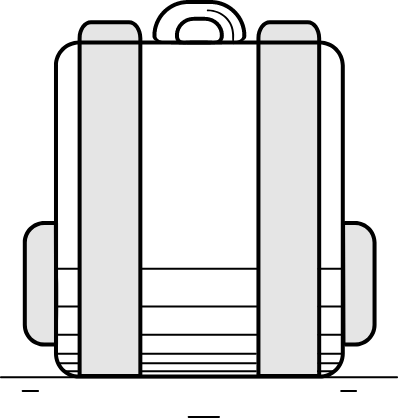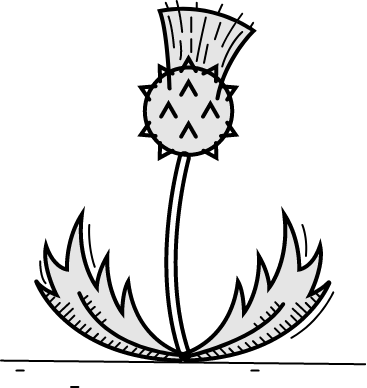Introduction
Gary joined the social movement as a community champion volunteer in 2016.
One of the biggest difference’s Gary wanted to make was in his workplace. He started off by organising a See Me Pass the Badge event where the employees wear a See Me badge for a day, then pass it on and get people talking about mental health.
After getting everyone in his work chatting about mental health, he was able to influence senior management to sign his workplace into the See Me in Work programme, to create lasting change. He also has a new role in his organisation, responsible for mental health.
Gary was always passionate about men’s mental health, so created the group Mind the Men which is a suicide prevention peer to peer, support group, where men can meet in a safe place, talk openly, be listened to and feel supported.
Community Champions Training
It was great. I mean, it was very varied, very hands on, lots of activities, I met some great people. I’m still friends with these people today, three years later. I met other men who had mental health problems in life. Probably for the first time, I actually spoke to other men about mental illness and we were able to share some things. It gave me the confidence to talk about my own journey. And so, for me, that was quite an awakening.
The training was really good, we had a really good chat about different things. Very quickly I found that these people were all like-minded and wanted to support others within the community.
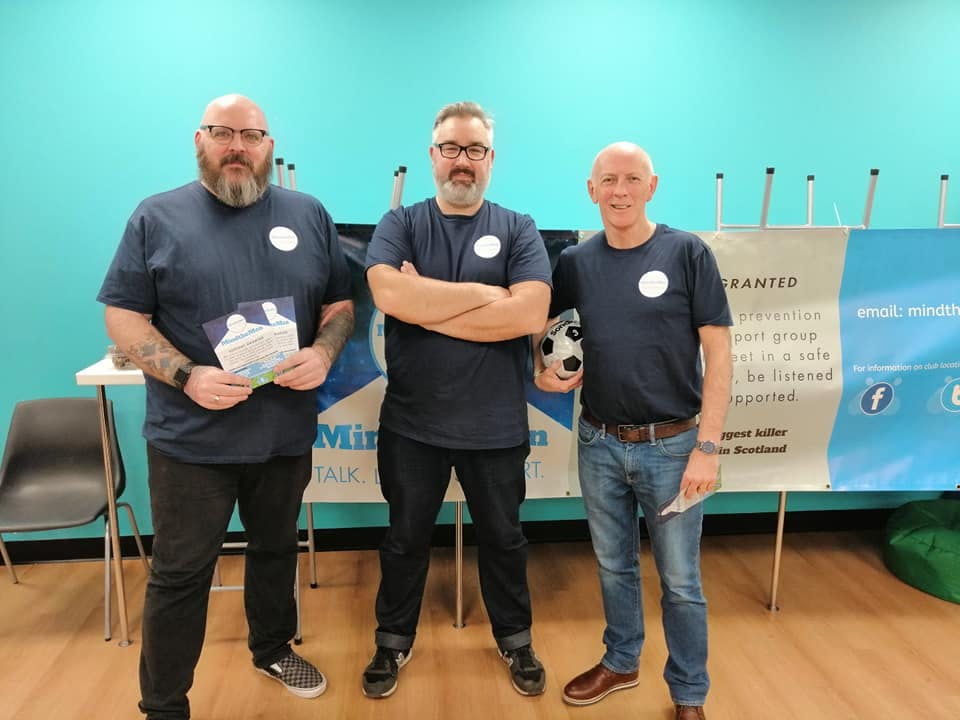
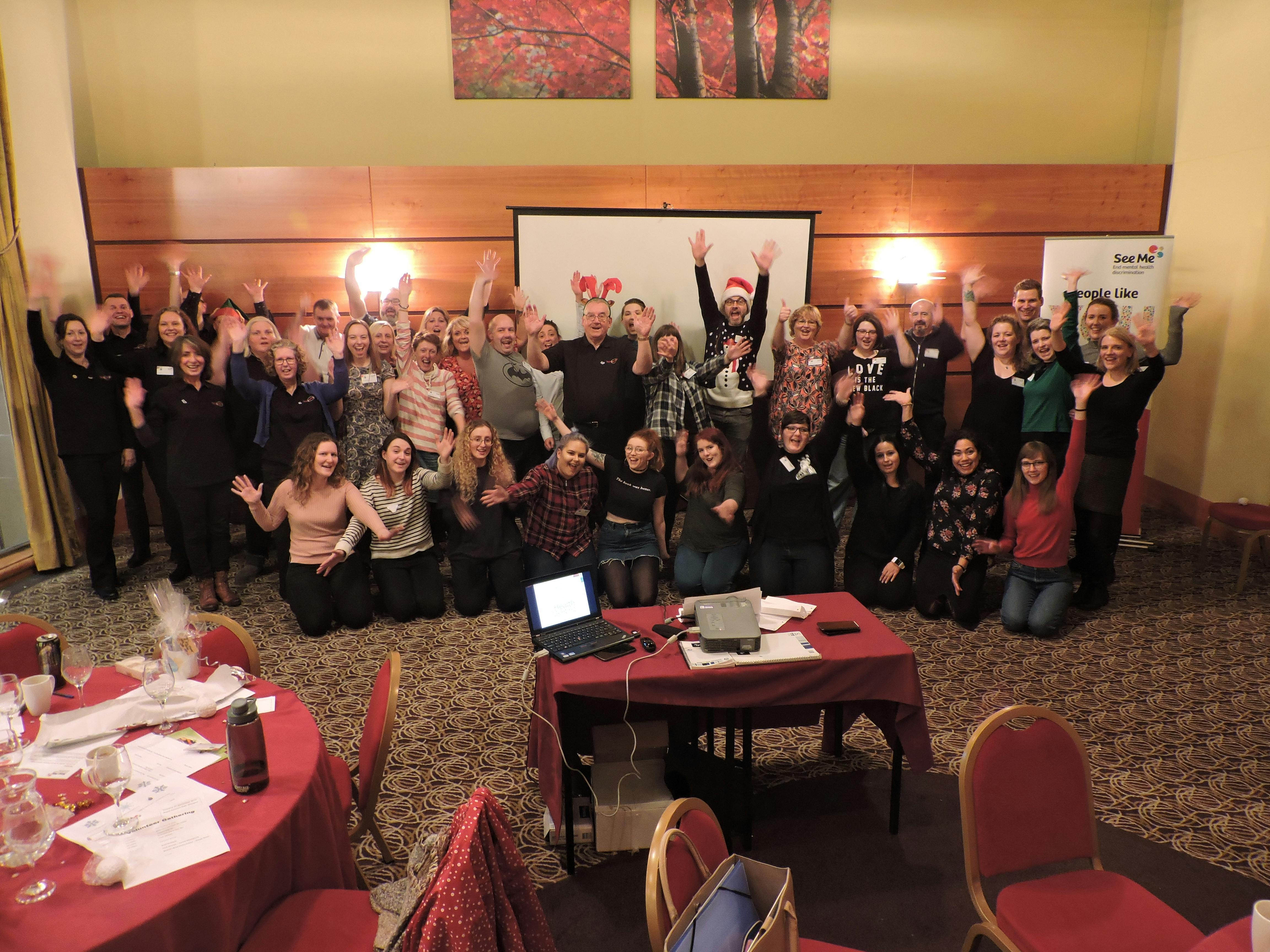
Passing a badge
One of the first things I did was take part in a Pass the Badge activity. This involves passing a badge for someone to wear for 24 hours, and when you do, you talk about mental health. Then you tell them to pass the badge on after 24 hours.
I remember it was quite different, quite unusual, quite scary. But when I started engaging with people and talking about why I was passing this badge, it created a conversation, it was good. And then people started to open up about things. You’d just met this person two minutes ago, and they start talking to you about different challenges. It just showed me how easy it is for us to open up.
Tackling discrimination at work
My main focus after the training was to support colleagues at work. I wanted to focus on the workplace. I work for the Department of Work and Pensions. It’s a big department, lots of staff, and we're going through some changes and wellbeing and mental health was really something we wanted to develop. So, I could see the potential was there and I could see that there was an eagerness to support staff wellbeing at work. And I believe that if you are at work and you're able to be supported with your mental health, it can be really beneficial to everybody.
So that was my initial focus was, first of all, we did things like Pass the Badge, we had these meetings and events where I’d introduce See Me into the department. That led to me working with the See Me workplace team to bring the See Me in Work programme to DWP.
We decided that we would work with the See Me in Work programme, which was quite a big undertaking, because we're 22 job centres within my district. And that was quite big for me and big for See Me as well, I think.
Getting his workplace involved
We spent about a year, a year and a half working to develop the action plan for our district. We started off by working with our senior leadership team to get them to agree that this was something that they would want to introduce. And very quickly, they could accept that it was a good a good move. So that's where we started with the See Me in Work programme.
There’s 880 staff in the district all over, Glasgow and outer Glasgow. So, it was a big area, one of the biggest districts in Scotland for job centres. So, it’s a big undertaking to involve all these people. I think it was quite a big undertaking for See Me as well. So, it was it was quite challenging. But we gave it a go and it's been really successful.
There was training for managers and we created over 50 mental health first aiders within the district. Lots of work was put into the action plan and it continues to this day.
Mental ill health can affect anybody, as we know. So, to support the staff’s wellbeing as well as the customers was good, it was really good. I think it made people more aware, more compassionate, more empathetic, with a better understanding. And they're more aware and willing to learn about the resources that are out there. It takes away the fear factor as well that you’re not expected to diagnose that person or fix that person. You're there to support them and signpost them and help them in that respect.
Developing in work
I’ve been a job centre manager, I've been a partnership manager, and recently, I worked as a mental health community partner. And believe it or not, I actually used See Me a lot in my interview for that. I believe the jobs I’ve done have happened because of the impact of the journey I started with See Me. It's really helped me progress my career into an area that I really enjoy working in now.
I worked for just over a year as a mental health community partner with the DWP. That was about supporting staff’s understanding about mental health resources, so they could signpost customers effectively to different organisations. So that was a really good job. The See Me grounding that I had, the knowledge I had with See Me, the partnership I had with See Me, I believe that really helped me to get the job. When I went to the interview I spoke about See Me quite a lot. So that's been beneficial for me in that aspect.
Working with See Me in the workplace, it's helped me. It's helped me understand mental health much better, it's helped me look at my own wellbeing a lot better. It’s given me some great contacts to call on at times to support me and support my colleagues.
But it has helped me in my career. I've taken a different route, I think, than maybe I thought about doing a few years ago. I became a mental health community partner. My job now is I'm now a health and wellbeing manager within the job centre, which is a new role that was created in the last year. So, I cover a large district from Renfrew up to Oban and Campbeltown, supporting staff’s wellbeing. And that's my main focus now, which is great to do.
So, I think again, coming back to See Me and just the relationship I've had with them, it's really helped me develop my career personally.
I won an award last year. I was nominated for a community champion award. So, this was a Civil Service Award for community champions. And I was nominated for the work that I'd done with industry working within the district with See Me to improve mental wellbeing and to reduce stigma and discrimination.
Bringing people together
I was always interested in support for everybody. But particularly, I was finding more and more that men were struggling talking about mental health and opening up. And personally, I found that for many years, I hadn't opened up much about my own mental health. So, something was always there.
And I had met some men's groups at various events, that I’d attended, I think while volunteering for See Me. There was a recovery walk up in Dundee a couple years ago, I had met a group called Andy’s Man Club, and found out more about what they did, they met with men and supported men’s wellbeing. It was a suicide prevention group.
I think one of my colleagues who worked with See Me had then set up a group in an Oban. I spoke with him about it and he said, I think you would be really interested in doing something like this as well.
Our group is called Mind the Men, our aim is suicide prevention, but stigma and discrimination can cause suicide. So, we talk about stigma and we talk about discrimination a lot at the club and we highlight it’s how we act in ourselves and how we help support and change others’ thinking about how they treat people. It all stems from stigma and discrimination. If we can eradicate that, then I’ll be out of a job. That’s a good thing, that’s a positive thing.
We’ve now got two groups in Glasgow. We’re averaging between 30 and 40 men attending every week. Every week, we meet new men and new men come through the door. And we see that person suddenly open up and suddenly feel that life is worth living.
John Baines and I started the club last September and it's grown and grown. That's our proudest moment. But would that have happened had I not been with See Me? I don't know if it would because See Me gave me the confidence and the training and the grounding to understand more about mental ill health, stigma, discrimination, to be passionate and to be compassionate and to fight and to stand up and speak for people that don't have a voice. It creates monsters, but we're good monsters.
Growing the movement
It’s great when you go to other parts of Scotland and you see somebody wearing a See Me badge. Straight away it’s like, you’re with See Me and you’ve got something to talk about. So, it’s good to identify people that way.
There's lot of movements with mental health and wellbeing and such, but it should be a bigger movement. It should be something that everybody's involved in, that everybody wants to support each other.
So, I think it's great that we have the programmes that are in the schools because if you start young with the children and create better wellbeing for them as young children, then they’ll become positive adults who support each other.
I love that See Me branches out into different areas and supports different people. And they've been really supportive of Mind the Men as an organisation. They’ve promoted what we do. So, you do feel part of a movement and you do feel proud. You meet different people from different groups all the time and it's good to share different experiences. But we're all in our mental wellbeing, stigma free movement, aren’t we? So, it's so good.
When I look back and I think that people that started the See Me journey with me, a lot of them are doing things out with See Me, but it's starting with See Me that’s provided me with the skills to then move on and do something else. But that's a good thing. And then I still feel that I can call upon See Me for advice at times or just having their support, always there. I think I’ll always be a See Me community champion. I always feel that will be the case. And it's good that they're bringing new people and have that fresh batch of people that are going through the training and developing them.
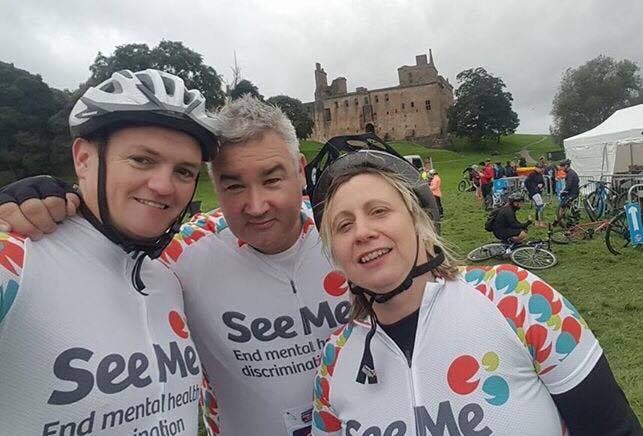
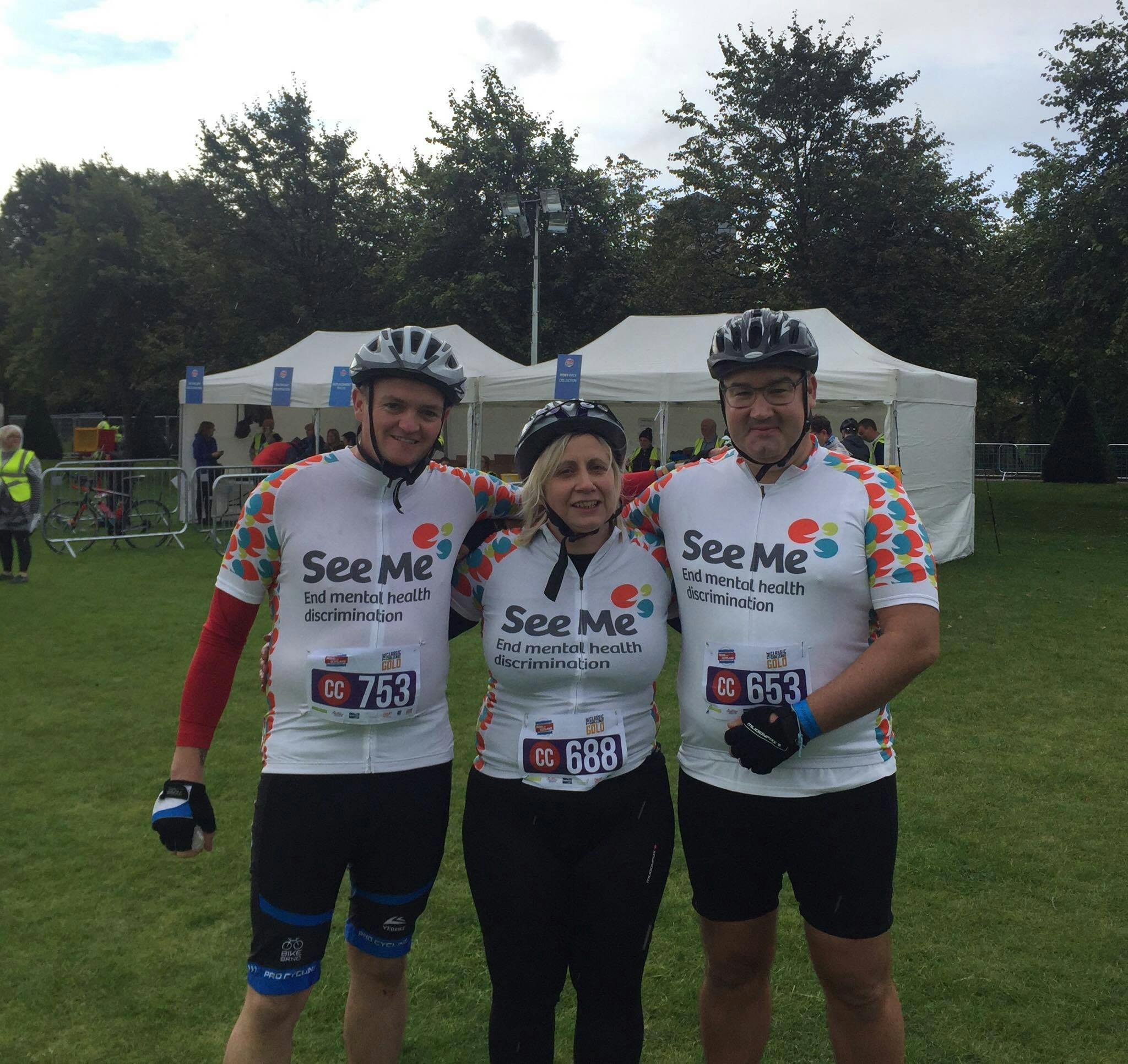
Get Involved with See Me
There are so many ways to get involved and engage with the movement, from becoming a supporter or volunteer to partnering with us to growing the movement in your organisation.
